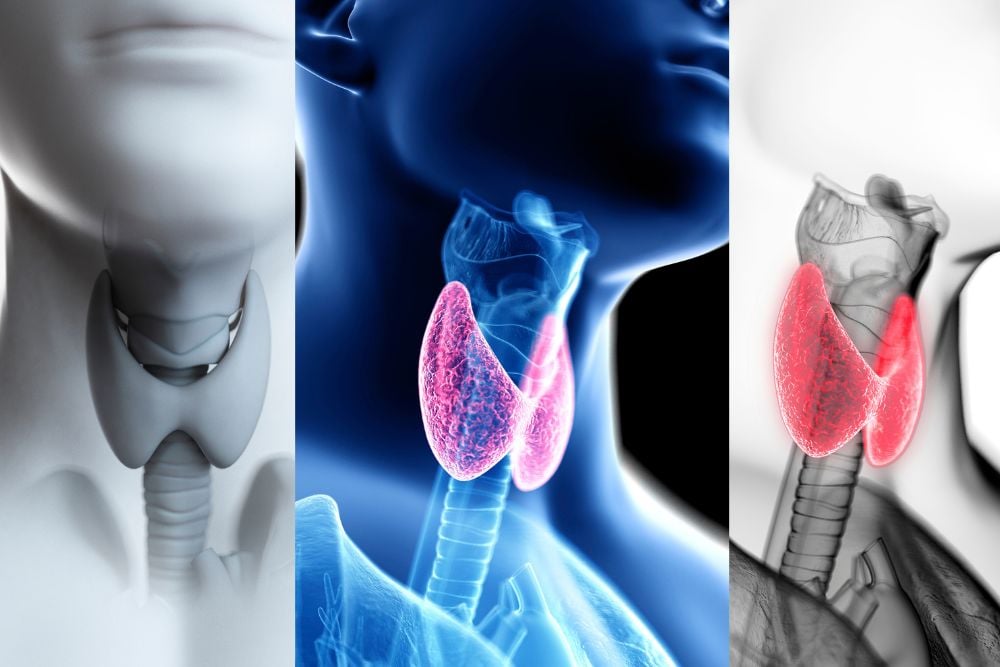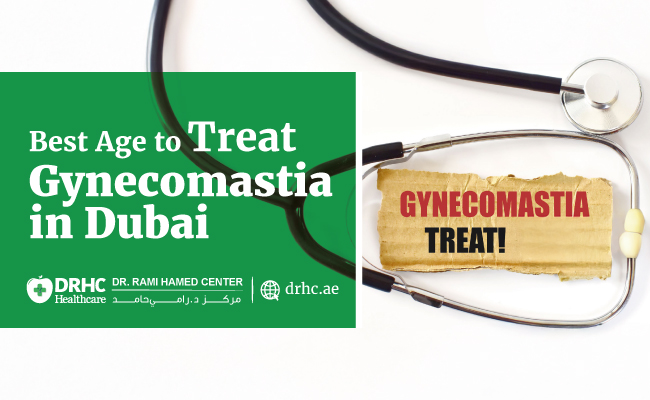
7 reasons to consider thyroidectomy in the treatment of Graves disease?
Graves’ disease definition
Graves’ disease is an autoimmune disease that causes hyperthyroidism (overactivity in the thyroid gland)
It is the most typical cause of hyperthyroidism among Americans.
The prevalence in women is eight times higher than in men.

Graves’ disease causes:
The immune system in our body typically defends us against external invaders like bacteria and viruses with the help of antibodies made by blood cells known as lymphocytes. These antibodies attack foreign invaders.
In some cases, the immune system produces antibodies that cross-react with proteins on our body cells. These antibodies frequently destroy such cells, leading to autoimmune diseases.
In contrast, in Graves’ disease, there are antibodies (thyroid stimulating immunoglobulins TSI or thyrotropin receptor antibodies TRAb) attached to thyroid cell receptors that cause the cells to overproduce thyroid hormones, leading to hyperthyroidism.
Graves’ disease symptoms:
Hyperthyroidism: overproduction of thyroid hormones by the thyroid gland with symptoms:
- Palpitation
- Weight loss
- Tremors
- Weakness in muscles
- Trouble sleeping
- Heat intolerance
- Neuro and Psychiatric symptoms.
Eye symptoms:
Skin symptoms:
Grave’s disease treatment:
- Beta-blocker medication
- antithyroid drugs: methimazole
- Antithyroid drugs are commonly used in patients who have a high probability of remission as women, low levels of antibodies, and small goiters.
- radioactive iodine: After six months, if your hyperthyroidism from Graves' disease doesn't go away, your physician can suggest radioactive iodine as a definitive treatment.
Your physician should discuss each of the treatment options with you including benefits and risks, recovery time, and each treatment's advantages and disadvantages.
Also, your physician can consider surgical treatment (thyroidectomy) as a definitive treatment.
7 reasons to consider thyroidectomy in the treatment of Graves' disease?
- in severe eye disease.
- smokers: because there is a greater chance that eye disease will worsen following radioactive iodine treatment.
- Pregnant women: to avoid radiation exposure.
- Women who have children at home should avoid radiation exposure as well.
- Nursing
- Graves’ disease with a suspicious thyroid nodule
- Graves’ disease with compressive symptoms.
Finally, hyperthyroidism in Graves’ disease is usually treated safely with a high success rate.
Topic: General Surgery Thyroid Diseases




.jpg)

.webp)



Leave a comment